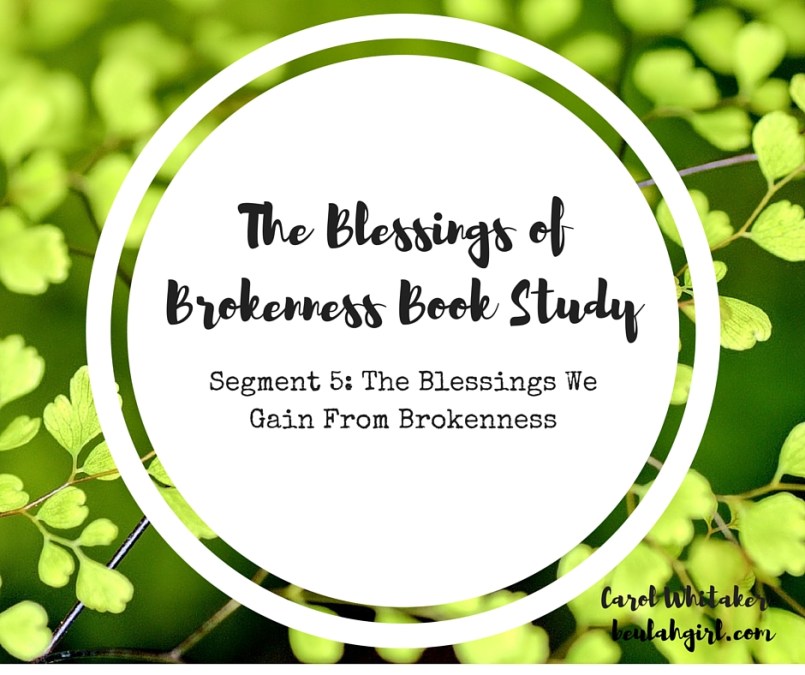 Hi friends,
Hi friends,
We want to take this opportunity to thank you for following the blog. I started this project two years ago, and I love the friends that we have collected along the way. For the past two years we have posted weekly (with a few exceptions). However, at this point, we are in a transition with the project, and we will be making a few changes. To that end, we will be going to a less rigid schedule and scaling back on the frequency of our posts while we work on those changes. Therefore, you can expect a few less posts in the next few months — but we will still continue posting and keeping the blog updated with fresh content. If you are following us on Facebook, you can also follow us via email so you get every one of our posts.
In addition, we are opening up the blog to guest writers for the first time. If you are a blogger and would like to be considered as a guest post for the blog, you can submit a piece through our contact form. Please observe the following that you need to include in your submission:
1. A Belief Statement: You must be a devoted follower of Jesus Christ to write for Beulah Girl. Please submit a brief few sentences about your spiritual journey and your beliefs (if they are not clearly stated on your blog). You can provide a link to your church website if your beliefs are not clearly stated on your blog.
2. A Blog Link: As alluded to in the previous bullet, you must have a blog or website where you are a regular writer. Please send us a link to your blog. We prefer that you have several articles (a minimum of five) for us to look over. The blog does not have to be a spiritual blog, but we request the link so that we can get a feel for who you are as a writer.
3. An original post: The post must be an original post (one you have just written or one that you have posted previously on your own blog). It should be free of grammatical errors and be anywhere from 500 -1500 words. If it has previously been published, please let us know that and give us the original link and date it was posted. (Also, don’t send us anything that has copy rights on it.) Here are some loose guidelines to focus on when writing your post:
- A lesson that God taught you through an everyday experience.
- A story in your life in which God is teaching you about who you are and who He is.
- Advice you would give to someone else going through a similar situation (how you reached healing in an area, etc.).
- Writing that fits in one of the following categories: Spiritual Life, Emotional Health, Physical Health, Ministry, or Relationships.
Etiquette and Other:
- Quotes or excerpts from relevant Christian books or sites are fine – but all information that is not original must be properly quoted with reference to the title and author (and no posting of any information that is copyright protected). Keep quotes short.
- Bible passages can either be referenced or given in entirety. Keep passages short. Provide chapter and verse reference; if not in NIV, please note in parentheses.
- Posts should be civil in tone and not slander family members, friends, other bloggers, church leadership, church members, etc.
- Posts that challenge certain actions of people that are not in conformity with Scripture are acceptable as long as civility is maintained — and an attempt to protect identity of those in close circles is maintained.
- Discretion is encouraged when discussing sexual or otherwise controversial topics.
- No derogatory or racist language.
If we are interested in using you as a guest post, we will contact you via email and let you know when we will publish your piece. We reserve the right to decline any submission, and we will only contact you if we plan to use your piece. In addition, we edit submissions and reserve the right to take out or add any lines before publication (we will let you know in writing of any changes).
Thanks for your interest, and we greatly appreciate you as a reader of Beulah Girl!








